
Radar | Sep 14,2019
An abattoir facility established near the town of Ziway remains shuttered after well over a year, besieged by a host of problems from insecurity in the area and insufficient livestock supply to contraband trade of cattle and higher local prices for meat.
Frigorifico Boran Foods Plc, a subsidiary of the India-based Allana Group, claims to have invested 60-million dollars, erecting an abattoir which lies on 72ht of land in Adami Tullu, 163Km southeast of Addis Abeba. The construction of the processing plant, which involved dozens of local and foreign contractors in various lines of work, took more than two and a half years to complete. In full capacity, it can slaughter and process over 3,000 heads of cattle and twice the number of sheep and goats daily, mainly earmarked for export to Saudi Arabia and the United Arab Emirates (UAE).
The company's management also cites a shortage in skilled labour as to why it had never operated in full capacity.
The company began processing 300tn of meat a month in 2018 before shutting down early last year due to a lack of livestock supply and security concerns stemming from the political instability in the region. The closure meant that close to 300 people lost their jobs, and the plant currently employs only a few dozen security and maintenance workers. Live animals from close to two dozen cooperatives that breed livestock in Adami Tullu, Borena, Bale and nearby lowland areas were thought to be major sources of supplies. The illicit cattle trade en route to Kenya, Somalia and Somaliland brings a few to the plant, according to Kelifa Hussien, director of operations at Frigorifico Boran Foods Plc.
"The company could not keep up with the lucrative illegal trade, which offers high incentives with a kilo of goat meat going for around 30 dollars," Kelifa told Fortune.
Ethiopian traders have sold about 35,280 heads of cattle to their counterparts in Somalia in the first three months of 2021, exhibiting a six percent quarterly growth stemming from a surge in re-exporting the same products by traders in Somalia to the Middle Eastern countries, disclosed the East African Crossborder Trade Bulletin.
Skyrocketing prices of meat in the domestic market have also made it difficult for Frigorifico to export, where an average retail price of 4.70 dollars for a kilo of beef in the international market cost close to 14 dollars in Ethiopia.
"We're struggling to remain competitive," said Kelifa.
More than 116 local and 70 foreign-owned abattoirs operate in the country, exporting 95 million dollars worth of meat products in the past fiscal year alone.
The issues faced by Frigorifico can also be attributed to the underdeveloped ranching sector in Ethiopia, says Hailesilassie Weres, an expert in the meat processing industry.
"Ethiopia's breeding and ranching capacity are lower in quality though the price for meat is significantly higher," he said. "This is even without considering production and logistical costs for export."
Despite the setbacks, the management of Frigorifico hopes to resume operations in six months, Kelifa toldFortune.
The Allana Group operates a second plant, Akseker Ethiopia Casting Plc, in Modjo, which it acquired from Turkish owners in 2015. It invested close to half a billion Birr to upgrade the plant and install rendering machinery, enabling it to produce fodder for poultry and domestic animals as well as inputs for soap factories. Besides its investments in Ethiopia, the 152-year-old Allana Group, headquartered in Mumbai, India, owns a similar venture in Tanzania.
PUBLISHED ON
May 15,2021 [ VOL
22 , NO
1098]

Radar | Sep 14,2019
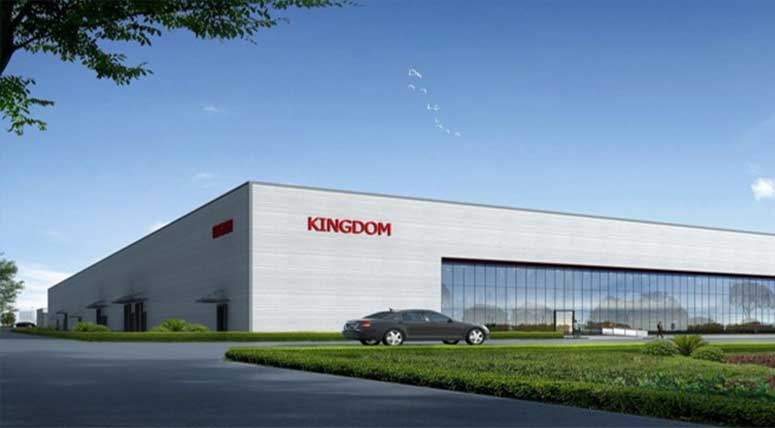
Fortune News | Aug 17,2019

Fortune News | Jan 09,2020

Fortune News | Aug 23,2025
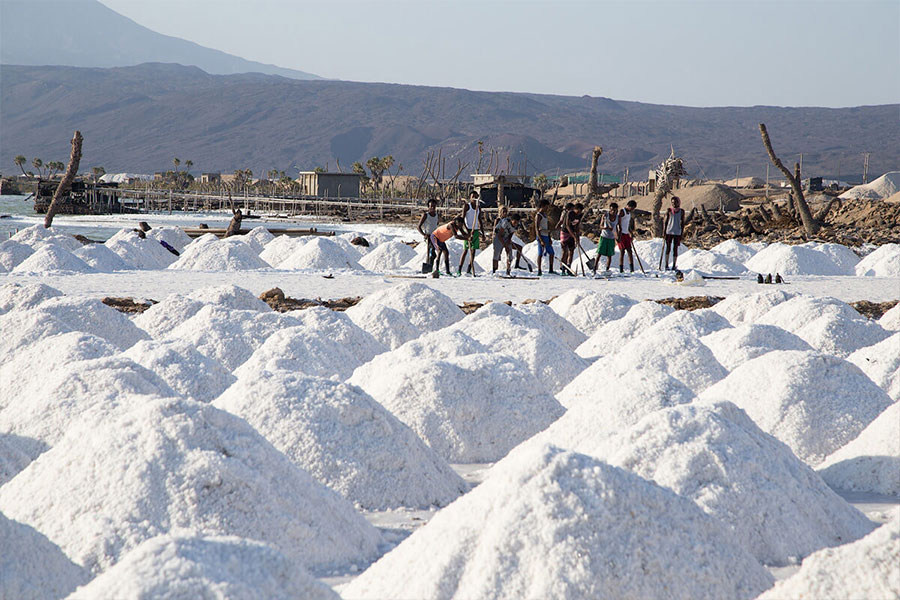
Fortune News | Dec 17,2022

Commentaries | Dec 25,2021
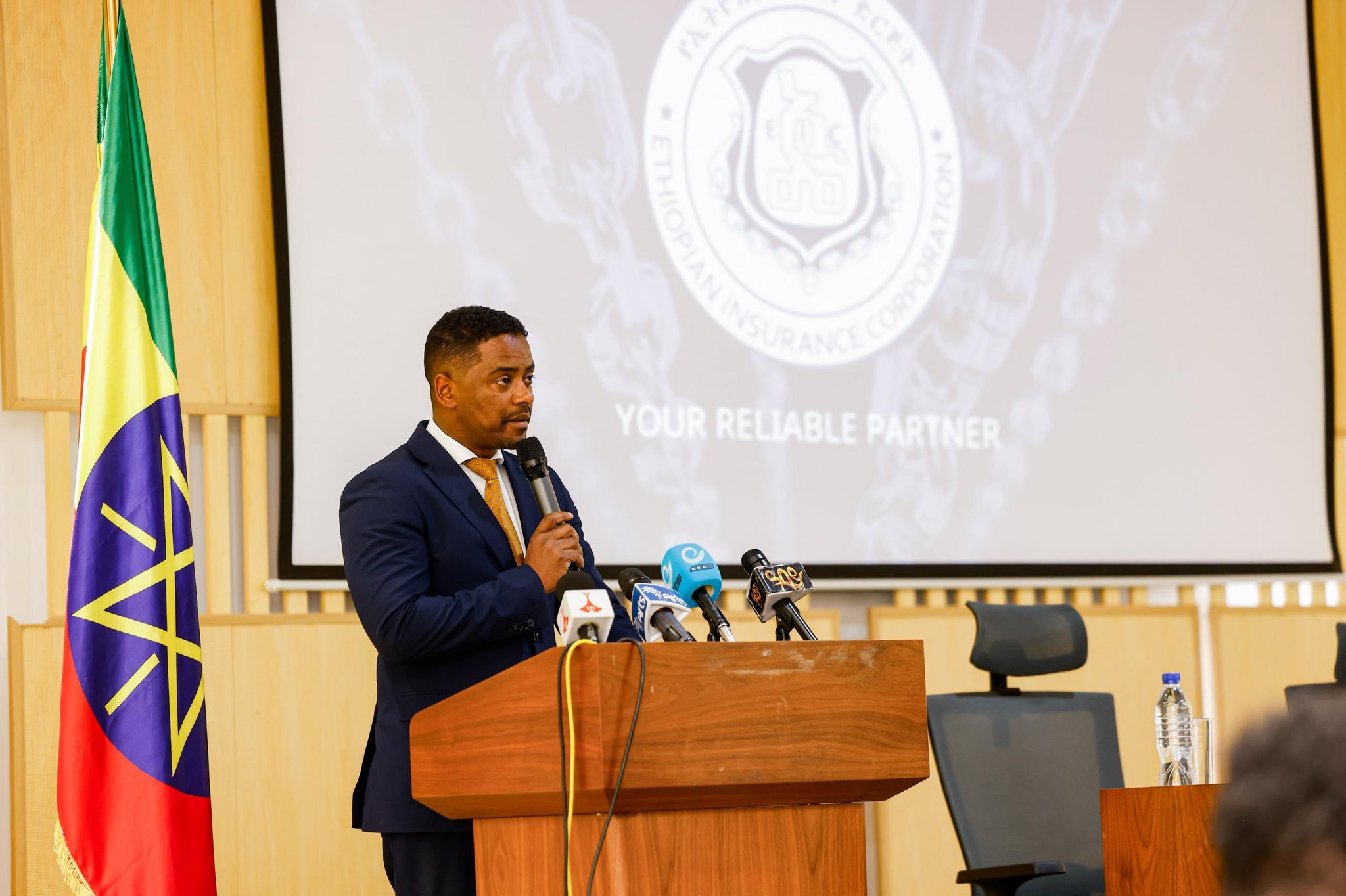
Fortune News | Aug 30,2025
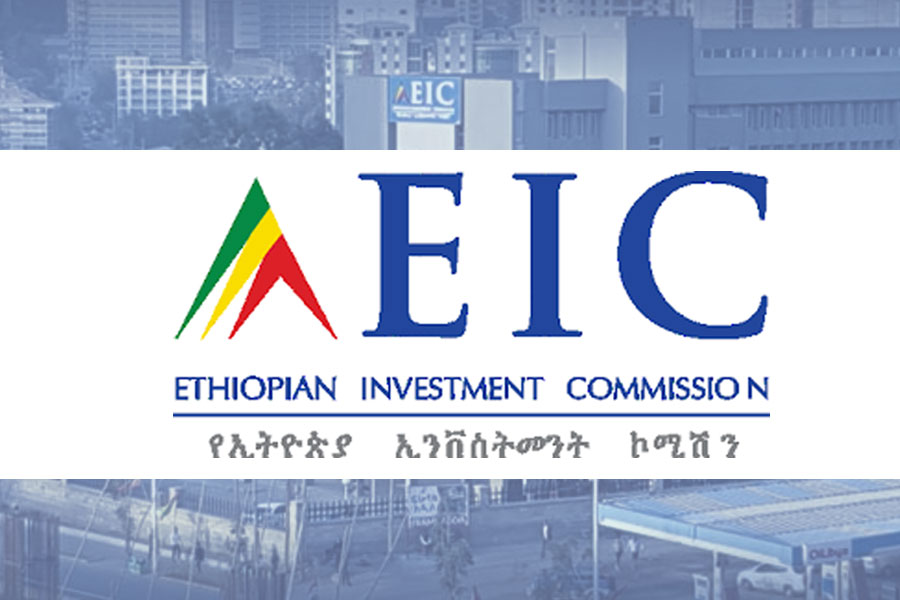
Fortune News | Dec 19,2020
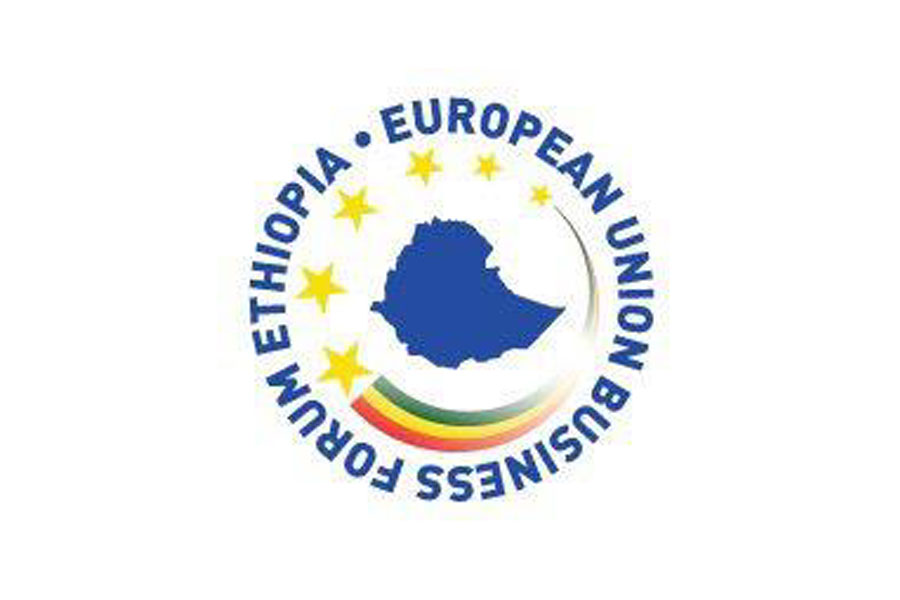
Radar | Jan 28,2023

Fortune News | Dec 28,2019

Dec 22 , 2024 . By TIZITA SHEWAFERAW
Charged with transforming colossal state-owned enterprises into modern and competitiv...

Aug 18 , 2024 . By AKSAH ITALO
Although predictable Yonas Zerihun's job in the ride-hailing service is not immune to...

Jul 28 , 2024 . By TIZITA SHEWAFERAW
Unhabitual, perhaps too many, Samuel Gebreyohannes, 38, used to occasionally enjoy a couple of beers at breakfast. However, he recently swit...

Jul 13 , 2024 . By AKSAH ITALO
Investors who rely on tractors, trucks, and field vehicles for commuting, transporting commodities, and f...

Nov 1 , 2025
The National Bank of Ethiopia (NBE) issued a statement two weeks ago that appeared to...

Oct 25 , 2025
The regulatory machinery is on overdrive. In only two years, no fewer than 35 new pro...

Oct 18 , 2025
The political establishment, notably the ruling party and its top brass, has become p...

Oct 11 , 2025
Ladislas Farago, a roving Associated Press (AP) correspondent, arrived in Ethiopia in...